Cultivating Empathy
Jack Lyons, MD
Any conversation about a person’s imminent dying is challenging
Jack Lyons, MD, started working as an intensivist in the ICU at St. Cloud Hospital in September 2019, just a few months before COVID-19 hit. In the past two and a half years, he’s had to have numerous end of life conversations with patients and their families at a time when family visits were severely restricted.
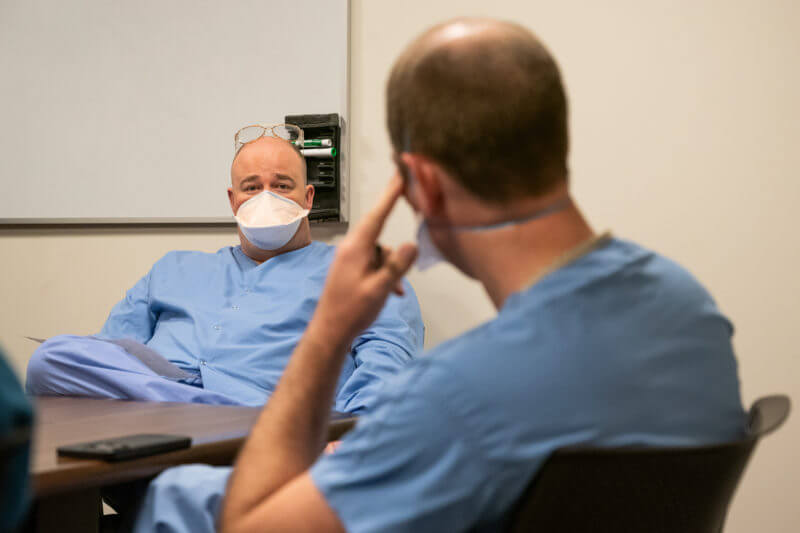
Conversations
“Any conversation about a person’s imminent dying is challenging,” said Lyons. “That conversation is made markedly worse when it can’t be held in person, when you can’t read body language, when you can’t see facial expressions and pause appropriately to let a person get a tissue. Those conversations are challenging, by definition; they’re markedly more so on the telephone.”
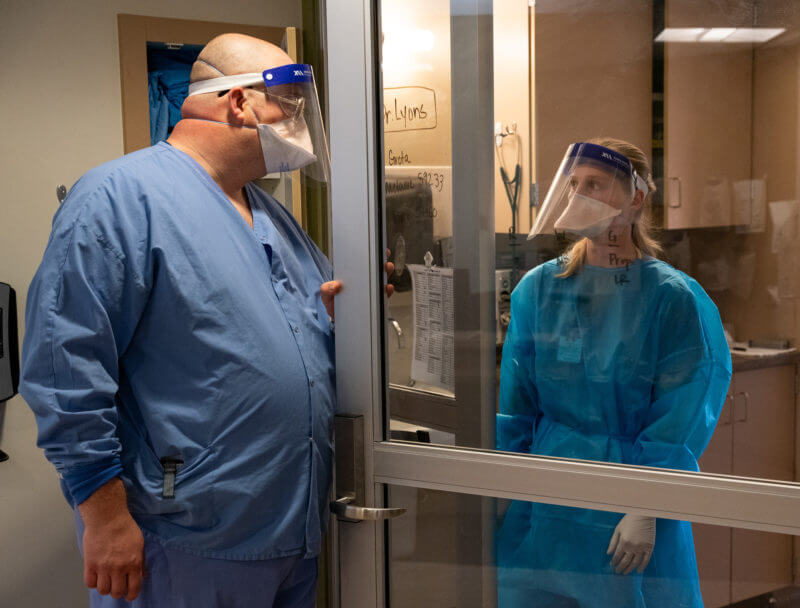
Added to the pain of such conversations, he said, was the widespread misinformation about appropriate treatments for COVID.
“Even pre-pandemic in the ICU, we meet people on their worst day,” said Lyons. “And so we know to allow some grace, that some people grieve angry, and some people grieve in a confrontational way.
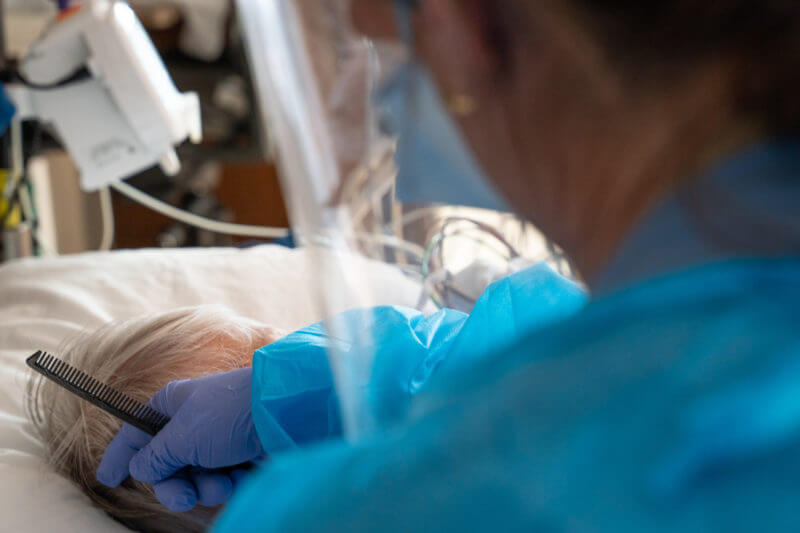
Practicing empathy
“It’s one thing to know that intellectually and deal with it twice a week, it’s another thing to deal with it twice in an hour, times 12 hours a day,” he continued. “That’s what I mean when I talk about testing empathy. Empathy is something that is actively practiced – it is not something that is inherent. It’s a skill like any other and it becomes a challenge to actively maintain that.”
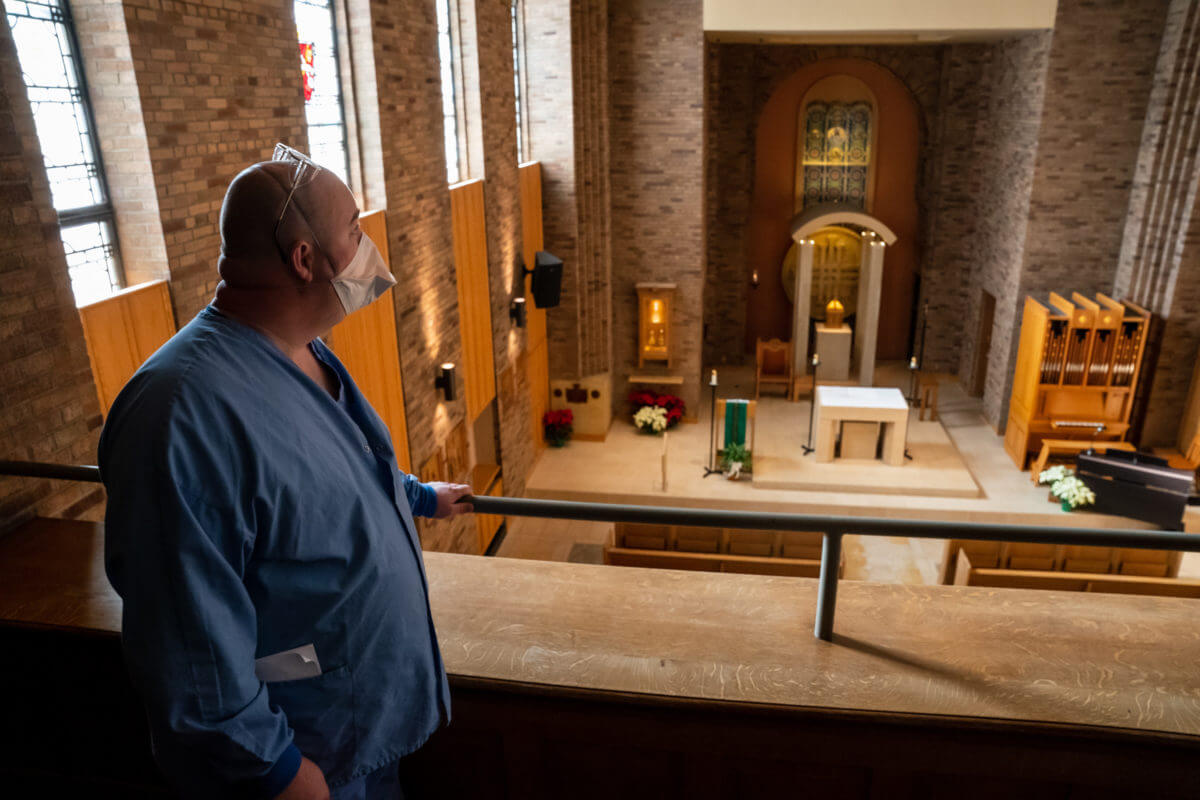
Lyons works to maintain his empathy by focusing on what he has in common with his patients. He remembers one patient in particular – a man who like him, was a proud father to his children.
“Every single person around him, in the small town that he lived in, was unvaccinated and had said all the most horrible things about the false dangers of vaccination.” said Lyons. “And in a way, that was humanizing. It is easy to vilify folks who chose not to get vaccinated…but he was just a man trying to try to do the best he could with the information in front of him.”
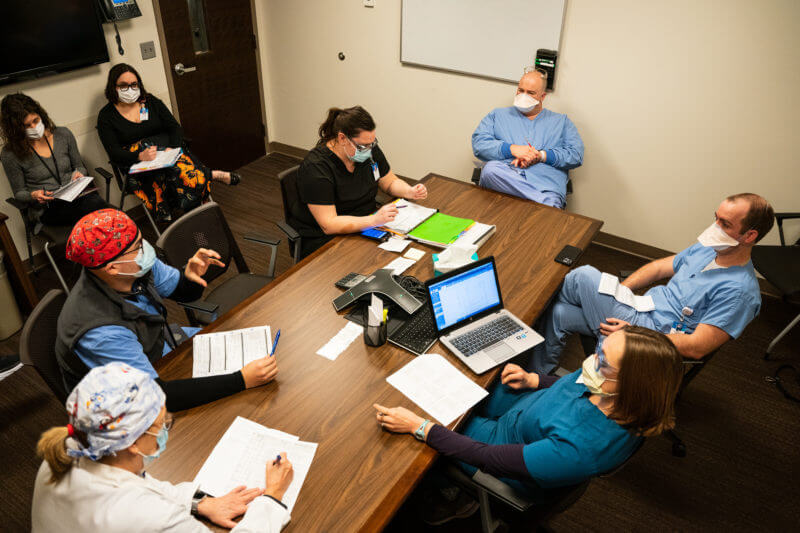
Letting go
Lyons recognizes that many of his colleagues feel hurt and betrayed by family and neighbors who stopped trusting health care professionals in favor of political propaganda. He hopes they can release those emotions sooner rather than later.
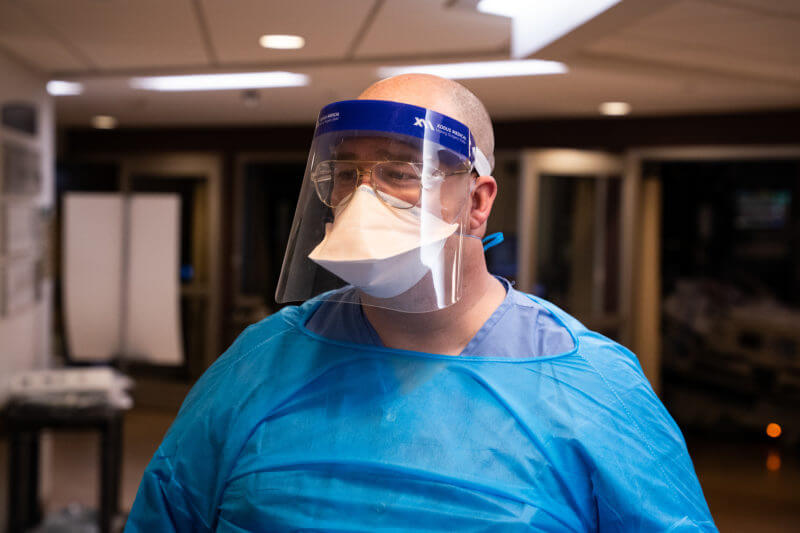
“Resentment is a poison that will hurt you before it hurts them. That’s not unique to COVID,” said Lyons. “The vast majority of your neighbors are folks that are trying the best they can to raise their kids, to get to work, to pay their bills on time. They’re not bad people. They’re not malicious. They’re misguided, they fell under the wrong influence that was based on their life circumstances – but they’re not bad people.”
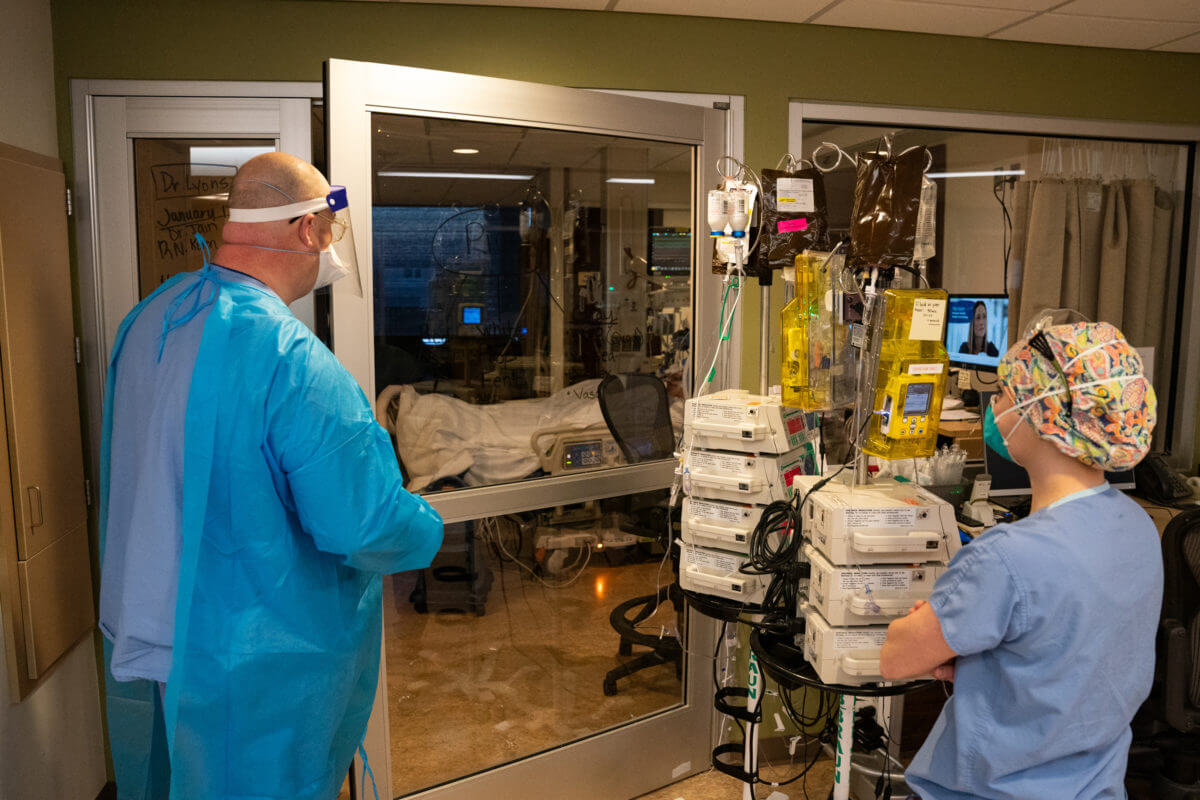
In the darkest moments, Lyons reminded himself that nothing is terrible forever.
“When this resides to some degree, hopefully, when the sting of the ugliness has started to wane, many of us can look back on this with some pride and say, I did the best I could. I helped a lot of people. When my community needed me I answered the call. And hopefully that can be good enough to help us start to heal and help us remember this in a way that is not all heartache and tragedy. I hope.”


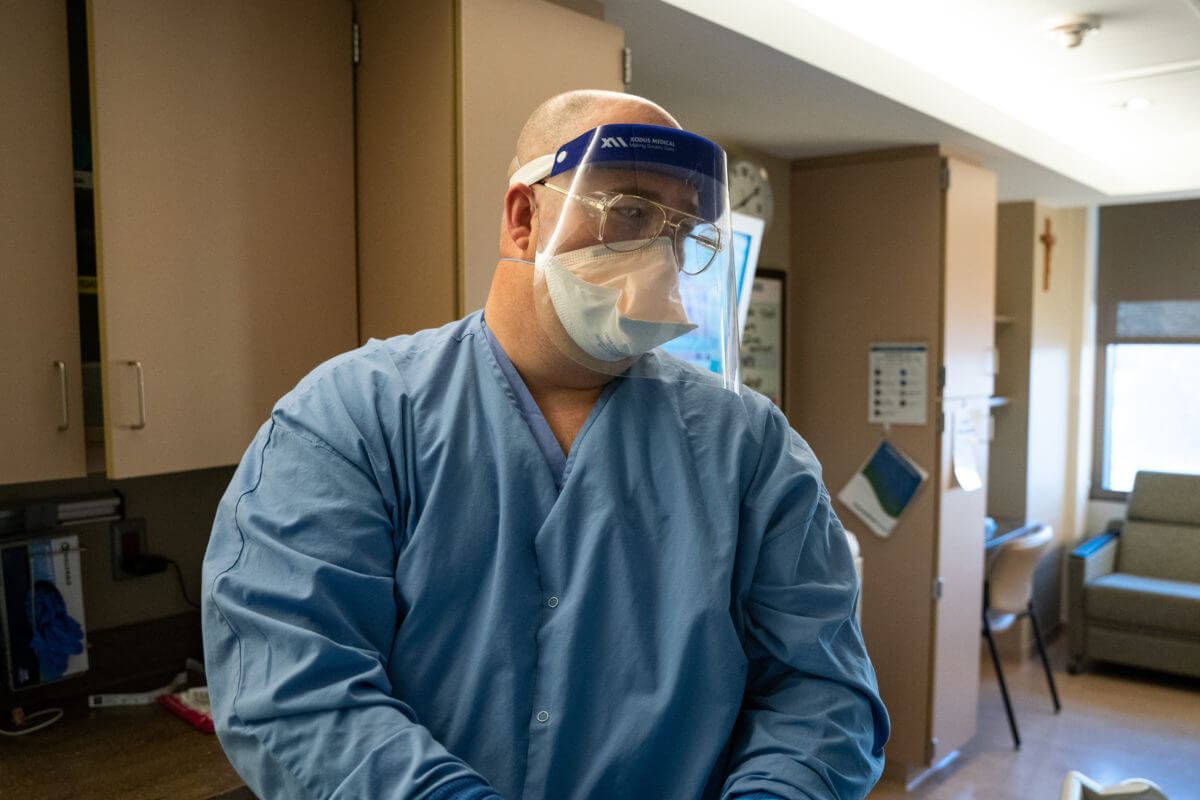
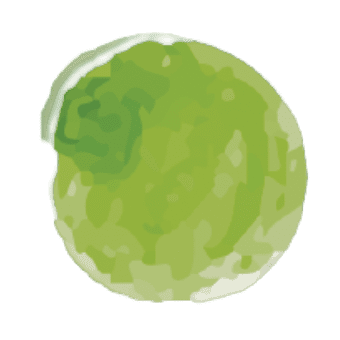
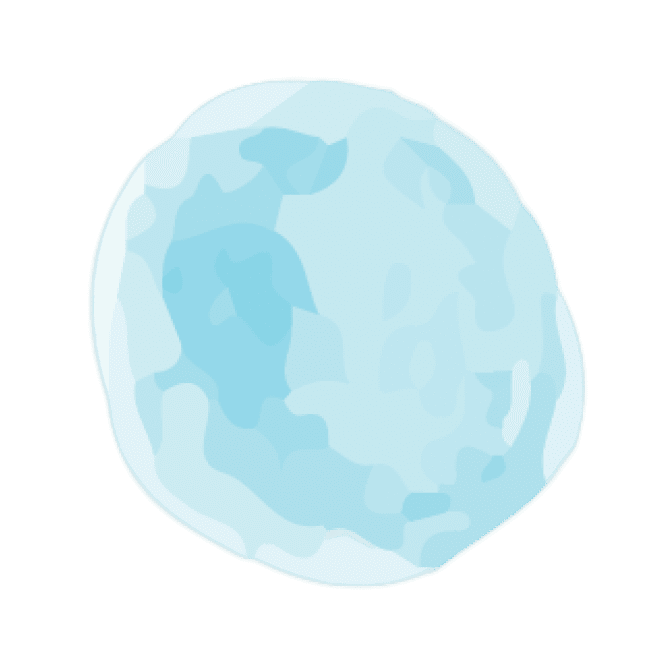
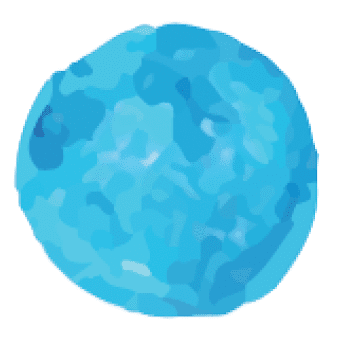
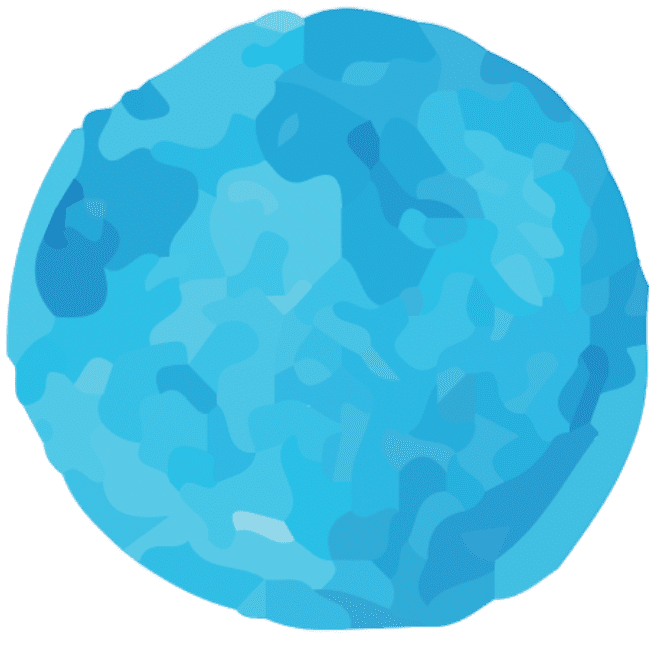
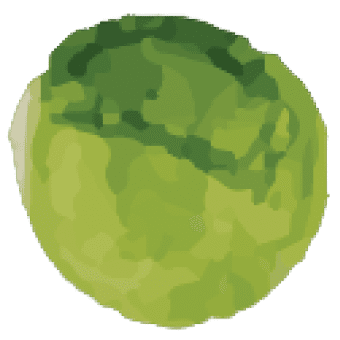
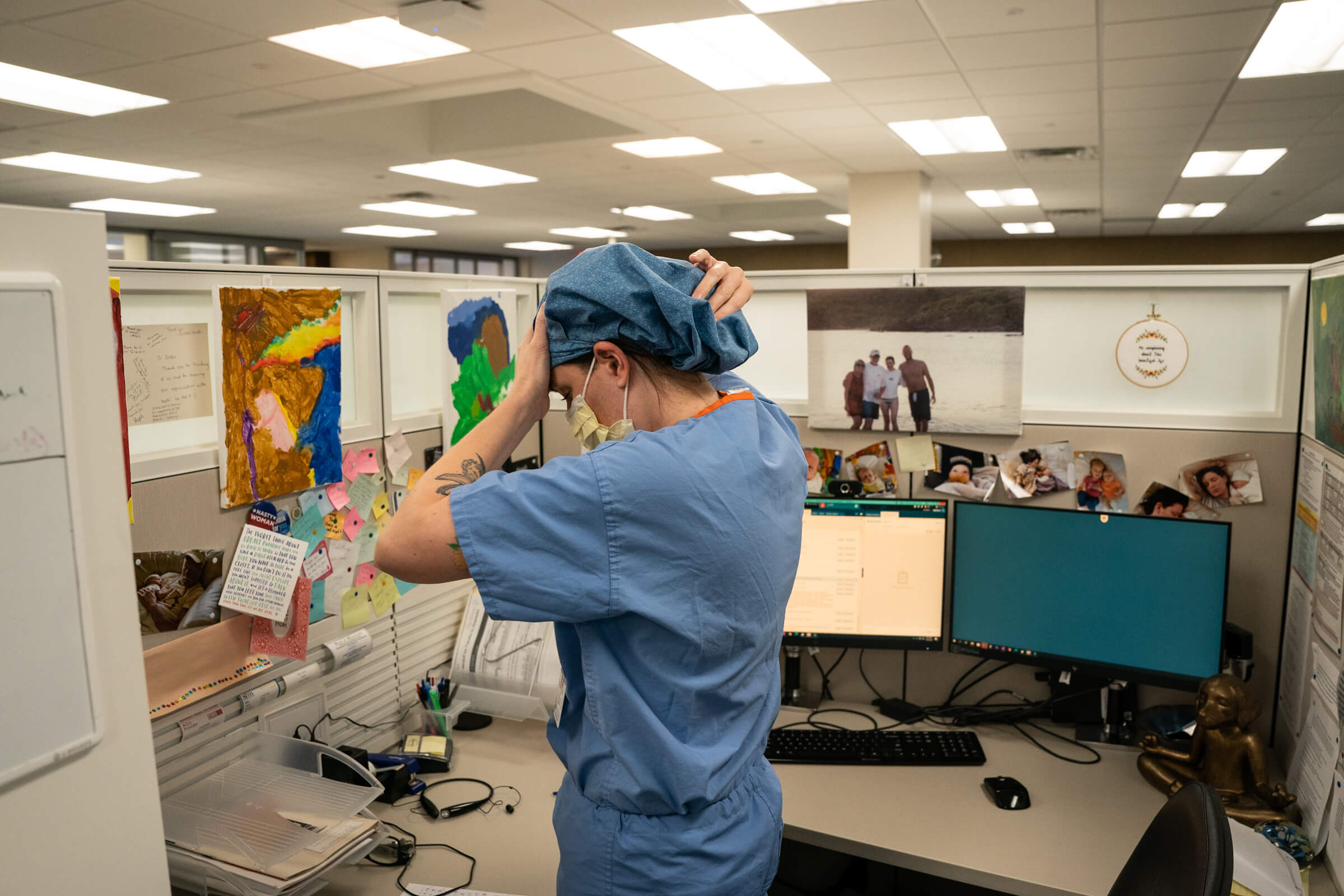
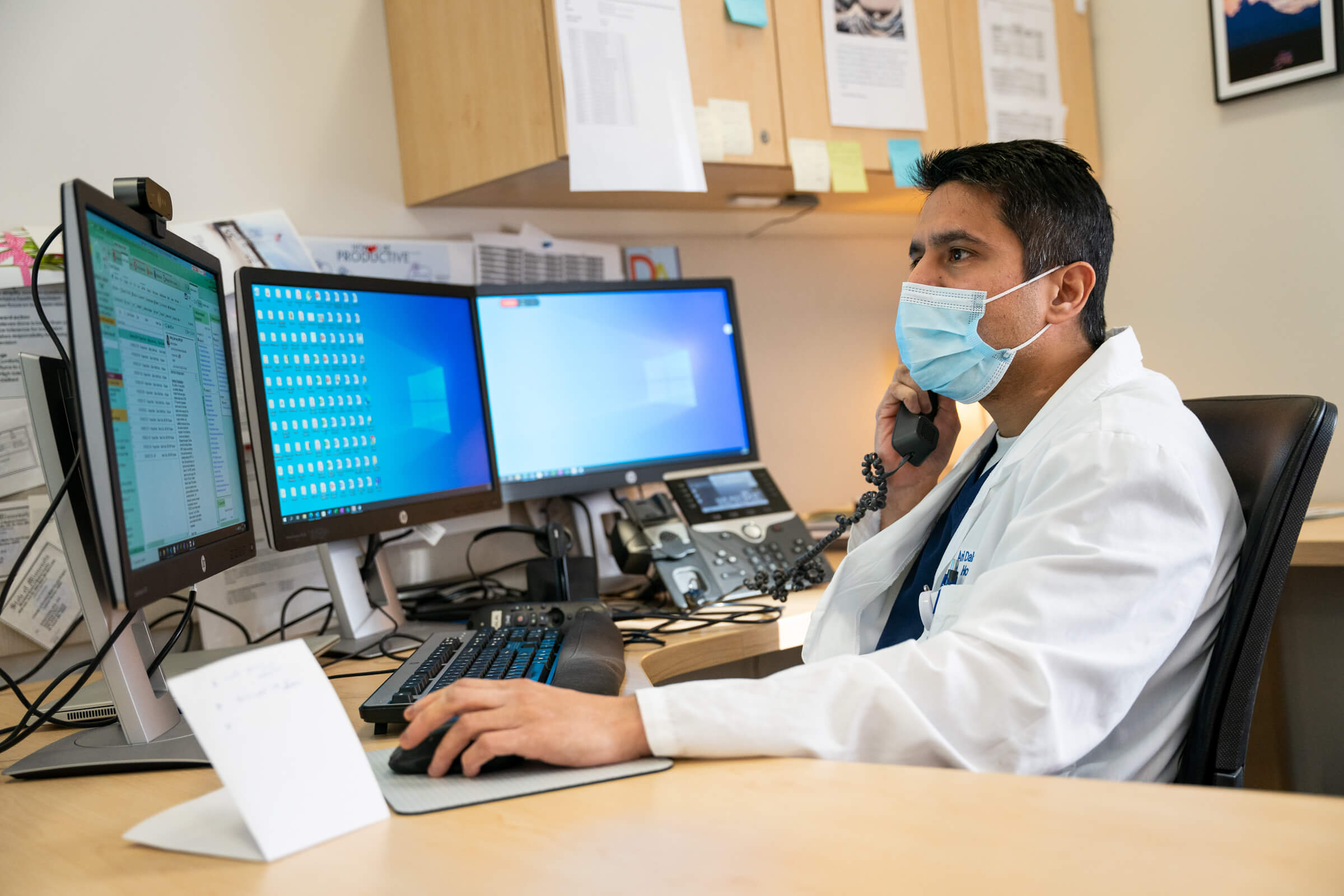
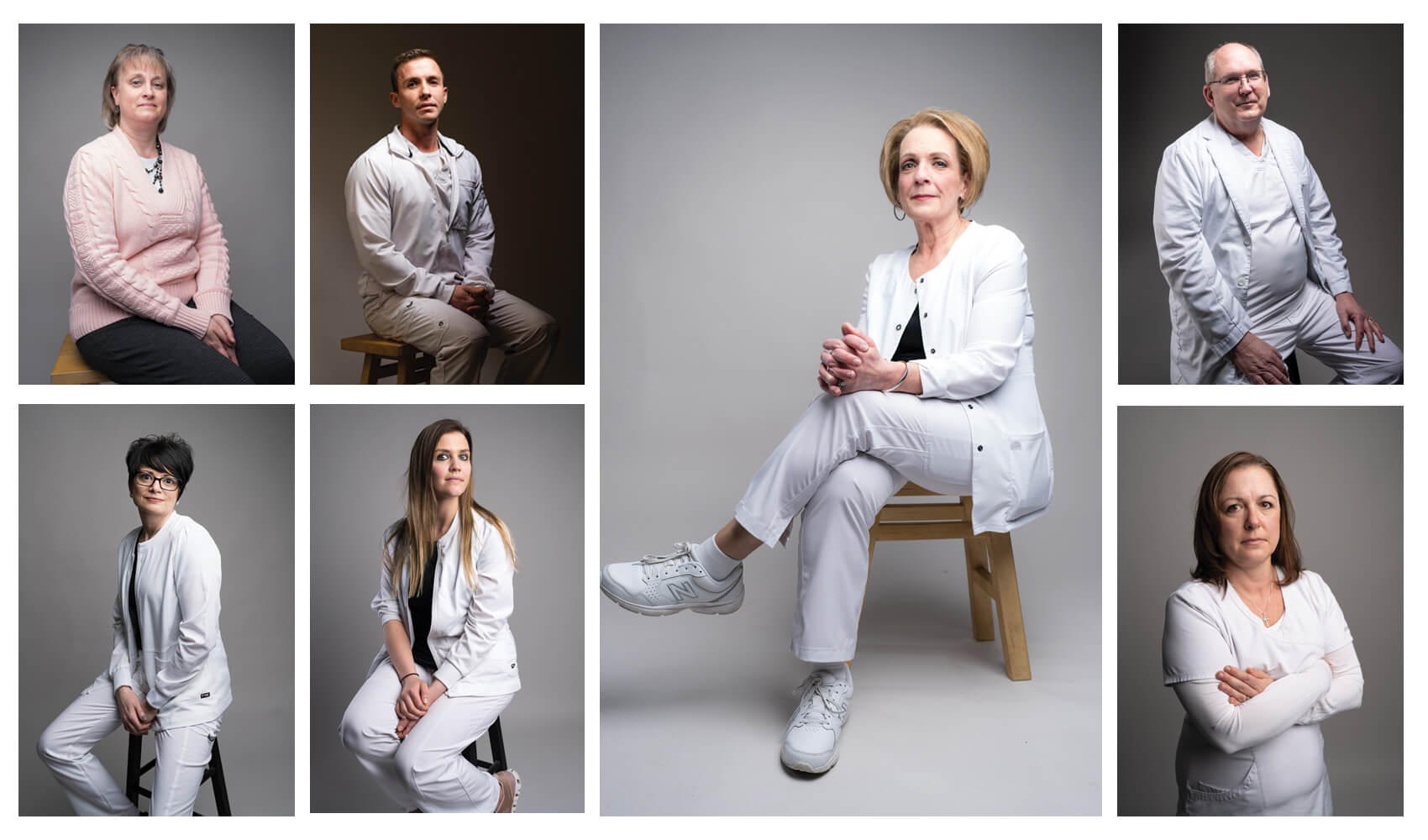
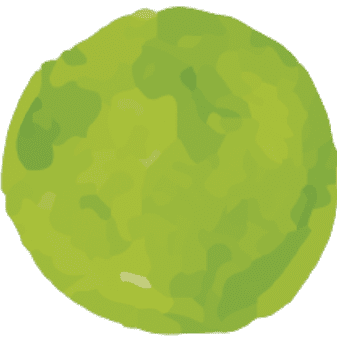
Great story Jack of who you ARE and how that carries through to HOW you care and connect with your patients and their families every hour of every day. You truly demonstrate the WHY we are all in healthcare. Listen and Serve.
Thanks!!
What an powerful message! As both a healthcare employee and a community member, there were times in the last 2+ years that forced me to dig very deeply within myself to find the kind of empathy Dr. Lyons speaks about here. Empathy for the battles that each individual is fighting. From those heartbreaking moments and the never-ending shifts, to those trying to make sense of overwhelming amounts of information and just do the best they can; Dr. Lyons’ message of empathy as a way to survive and heal from the last 2+ years is a beautiful source of hope. Thank you!